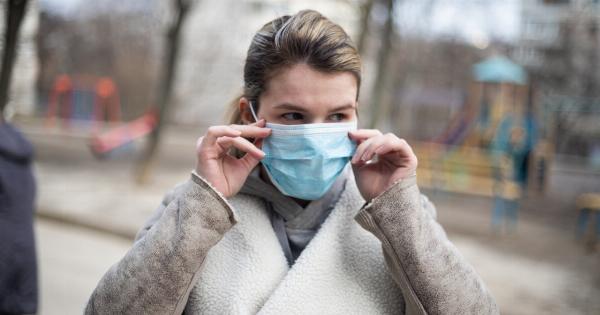A flu outbreak has been hitting the United States hard over the past few weeks, with 119 deaths reported as of the latest count. The flu season typically peaks in February, so experts warn the worst may still be yet to come.
What is the flu?
The flu, or influenza, is a respiratory illness that is highly contagious. It spreads from person to person through droplets in the air when someone with the flu coughs, sneezes or talks.
Symptoms of the flu include fever, cough, sore throat, muscle aches, fatigue, and sometimes vomiting and diarrhea. Most people who get the flu recover within a few days to two weeks, but in some cases, it can lead to serious complications such as pneumonia, which can be deadly.
How bad is this flu outbreak?
According to the Center for Disease Control and Prevention (CDC), this season’s flu activity is higher than usual for this time of year. The flu shot is still the best way to protect yourself from the flu, but the vaccine is not a guarantee.
The vaccine is based on predictions of which flu strains will be most common during a given season, so it can be less effective if the predictions are inaccurate. Still, getting the flu shot can reduce your chances of getting sick and help prevent the spread of the virus to others.
Who is most at risk?
Although anyone can get the flu, some people are more vulnerable to its complications.
People over the age of 65, young children, pregnant women, and people with certain medical conditions such as asthma, diabetes, and heart disease are at higher risk of developing complications from the flu. It is important for these groups to take extra precautions to avoid getting sick and to seek medical attention promptly if they do develop flu-like symptoms.
What can you do to protect yourself?
Aside from getting vaccinated, there are other steps you can take to protect yourself from the flu:.
- Wash your hands frequently with soap and water or use hand sanitizer if soap and water are not available
- Avoid close contact with people who are sick
- Cover your mouth and nose with a tissue when you cough or sneeze, and then throw away the tissue
- Clean and disinfect frequently touched objects and surfaces, such as doorknobs and countertops
- Stay home if you are sick to avoid spreading the illness to others
What should you do if you get the flu?
If you get the flu, the CDC recommends that you:.
- Stay home and rest
- Drink plenty of fluids to stay hydrated
- Treat fever and cough with over-the-counter medications such as acetaminophen and cough syrup, as recommended by your healthcare provider
- Avoid contact with others as much as possible to avoid spreading the virus
When should you seek medical attention?
You should seek medical attention if you experience:.
- Difficulty breathing or shortness of breath
- Pain or pressure in the chest or abdomen
- Sudden dizziness or confusion
- Severe or persistent vomiting
- Worsening of flu-like symptoms after an initial improvement
These symptoms could indicate a serious complication of the flu that requires medical treatment.
Conclusion
The flu outbreak this season has been severe, with 119 deaths reported in the United States so far.
It is important to take steps to protect yourself from the flu, especially if you are in a high-risk group, and to seek medical attention promptly if you develop symptoms. Remember to wash your hands frequently, cover your mouth and nose when coughing or sneezing, and stay home if you are sick.




























